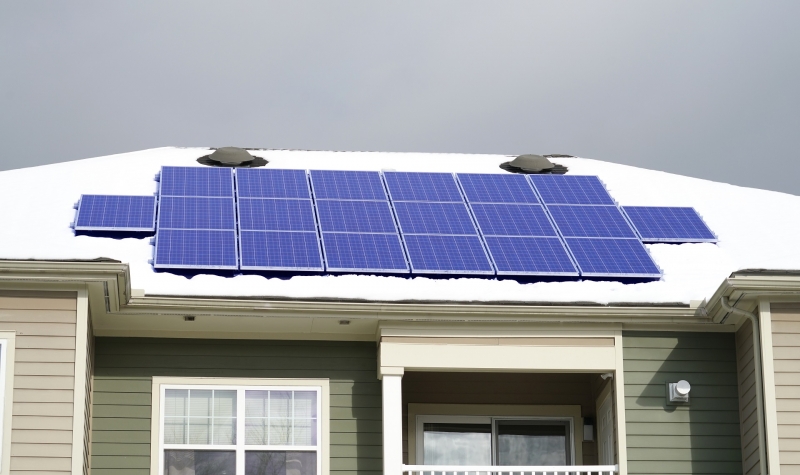2021
How do sub-zero temperatures affect residential solar panels?

How do sub-zero temperatures affect residential solar panels? This question is particularly relevant this year. BC will experience a La Niña weather pattern for the 2021/2022 season, resulting in colder temperatures than normal. But you’ll be pleased to know the cold doesn’t bother them at all. In fact, it’s even beneficial.
Solar Panels and Sunlight
Often the heat in summer is thought to be associated with the production of solar energy, but it’s only the sun’s rays that matter, not its heat. So, no matter what time of year it is, if the sun is shining, residential solar panels are generating electricity. Furthermore, though it may come across as counterintuitive, solar panels are actually more efficient in colder weather.
Efficiency in Colder Temperatures
Just as with other electronics, cooler temperatures increase efficiency. That’s why computer rooms are kept cooler than other rooms. In the case of residential solar panels projects, this feature enhances energy production, helping to offset the fewer hours of sunlight produced over the winter. It’s actually during the height of summer, when the heat is at its worst, that solar panels can run less efficiently. However, the long days of sunlight make up for it and leave you still producing tons of energy.
Snow and Solar Panels
When it comes to snow, even then a light coverage will still allow the generation of some electricity. However, since solar panels are installed at an angle, accumulations will generally slide off over time. Fortunately, we don’t get a lot of snow here on the beautiful west coast.
So, rest assured that for the next several months of colder weather your residential solar panel project will steadily produce reliable energy for your household.
Happy Holiday and a safe and healthy New Year, from all of us at NetZero Solar.
